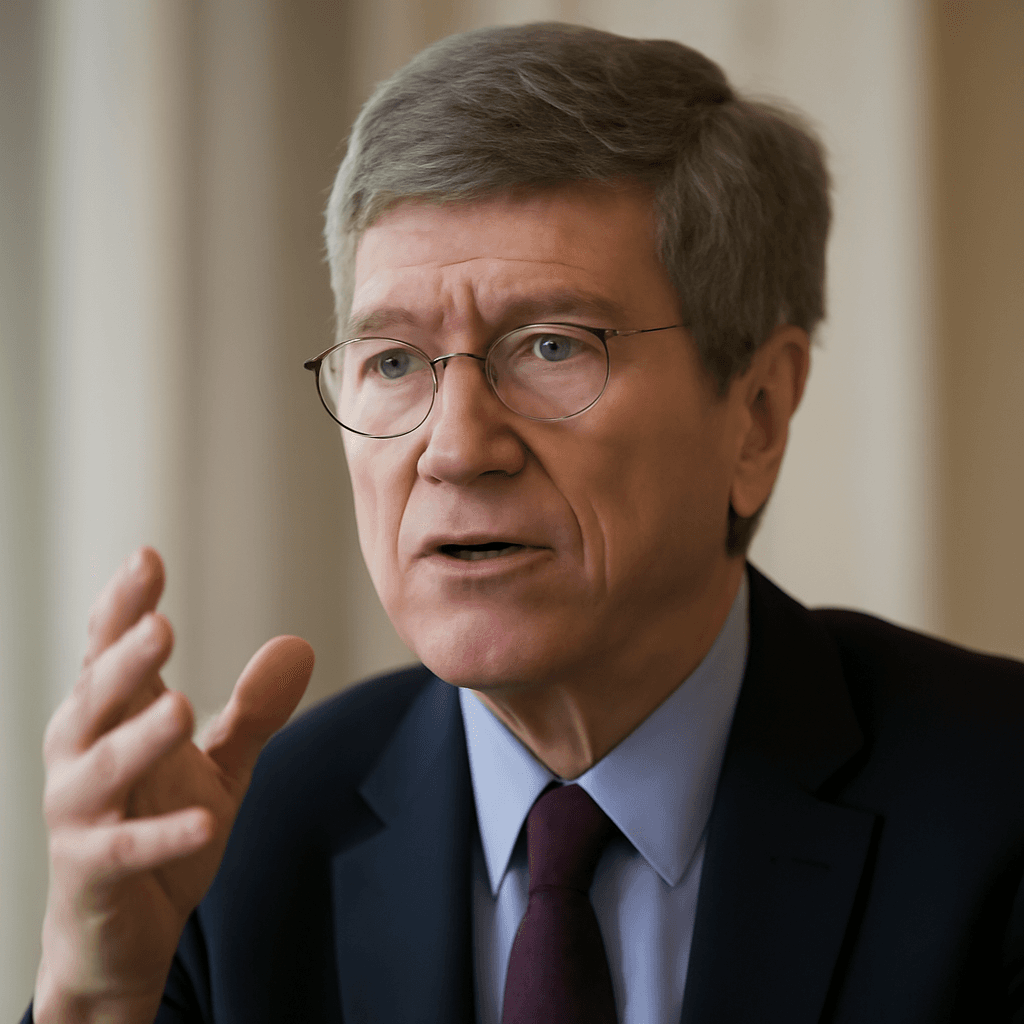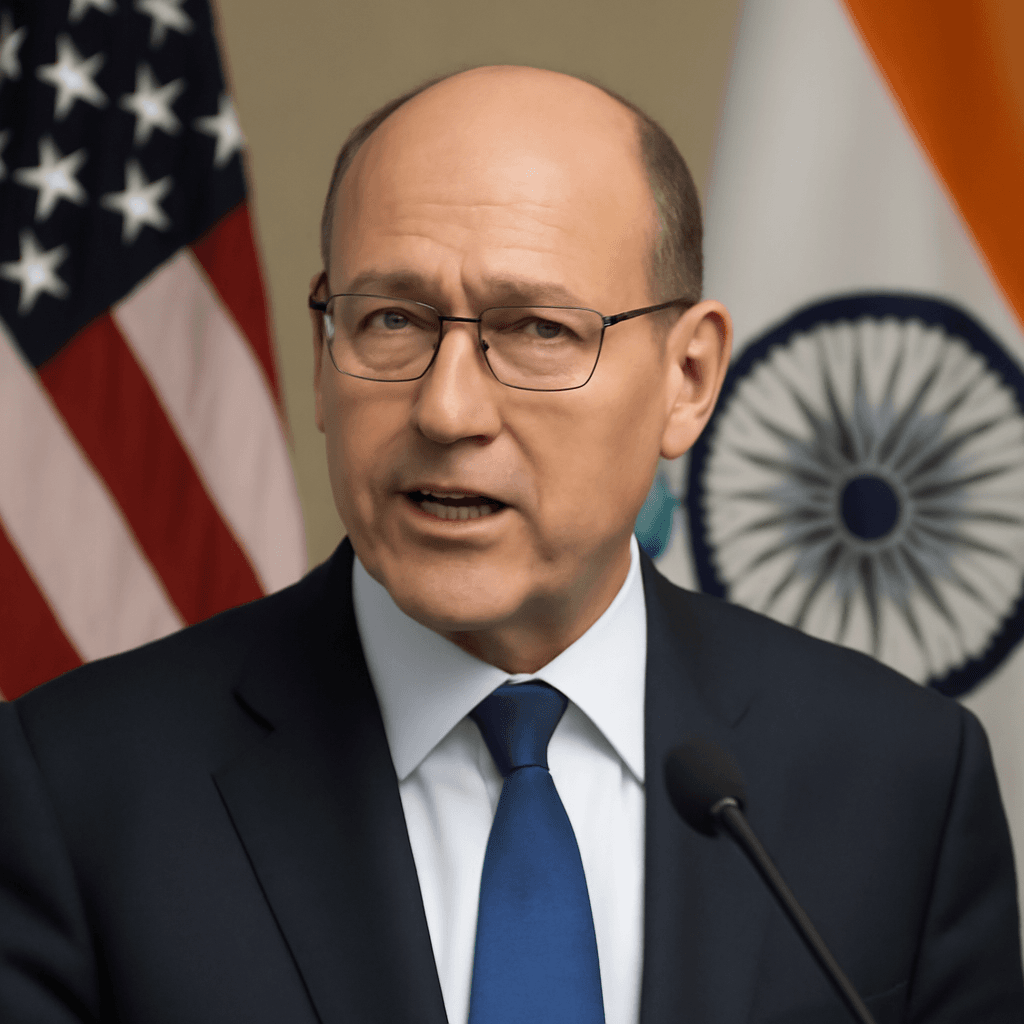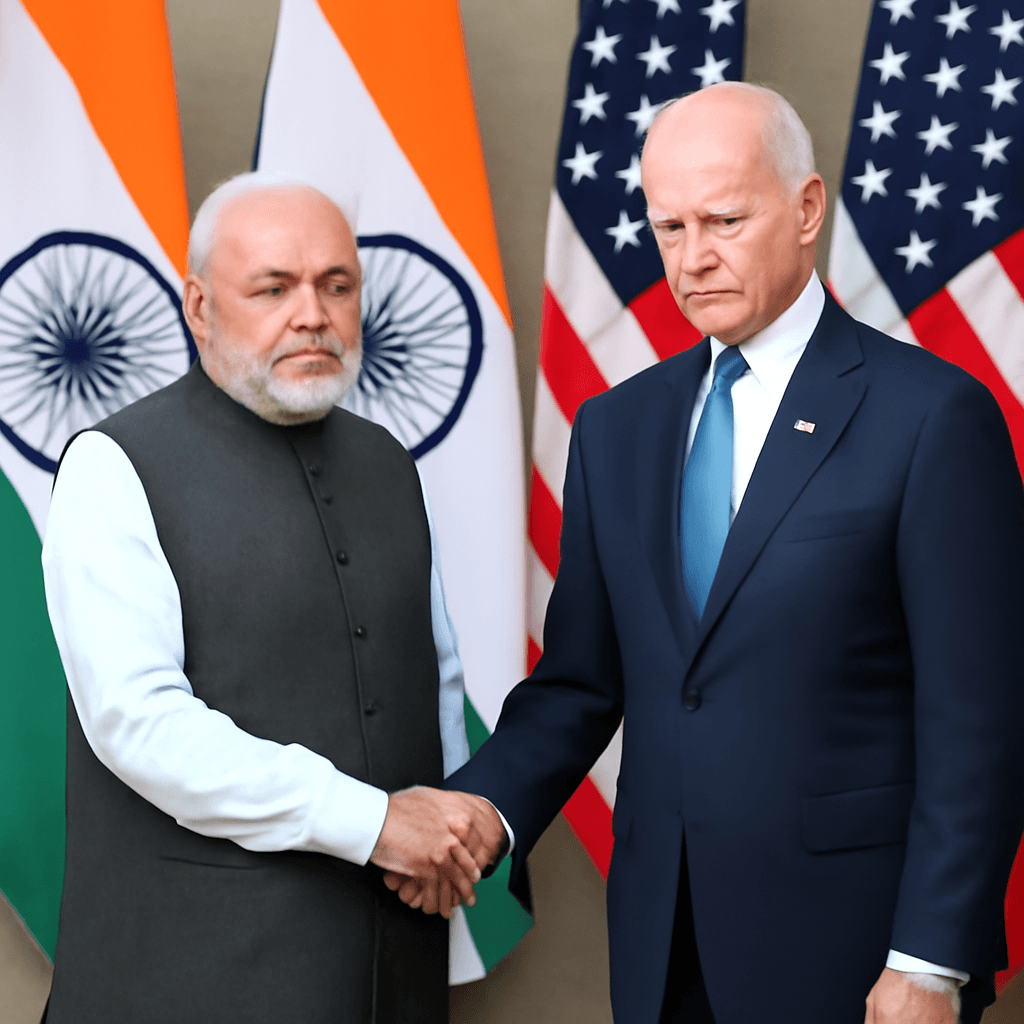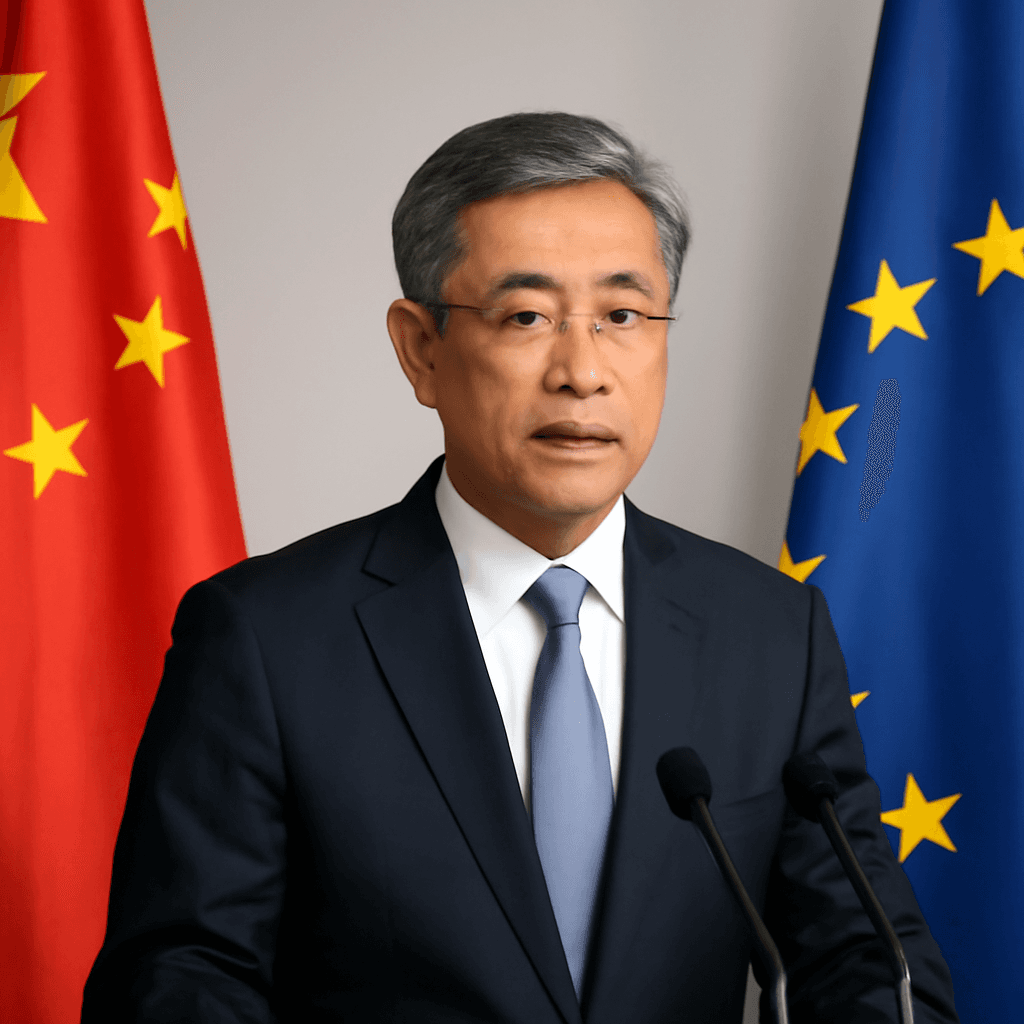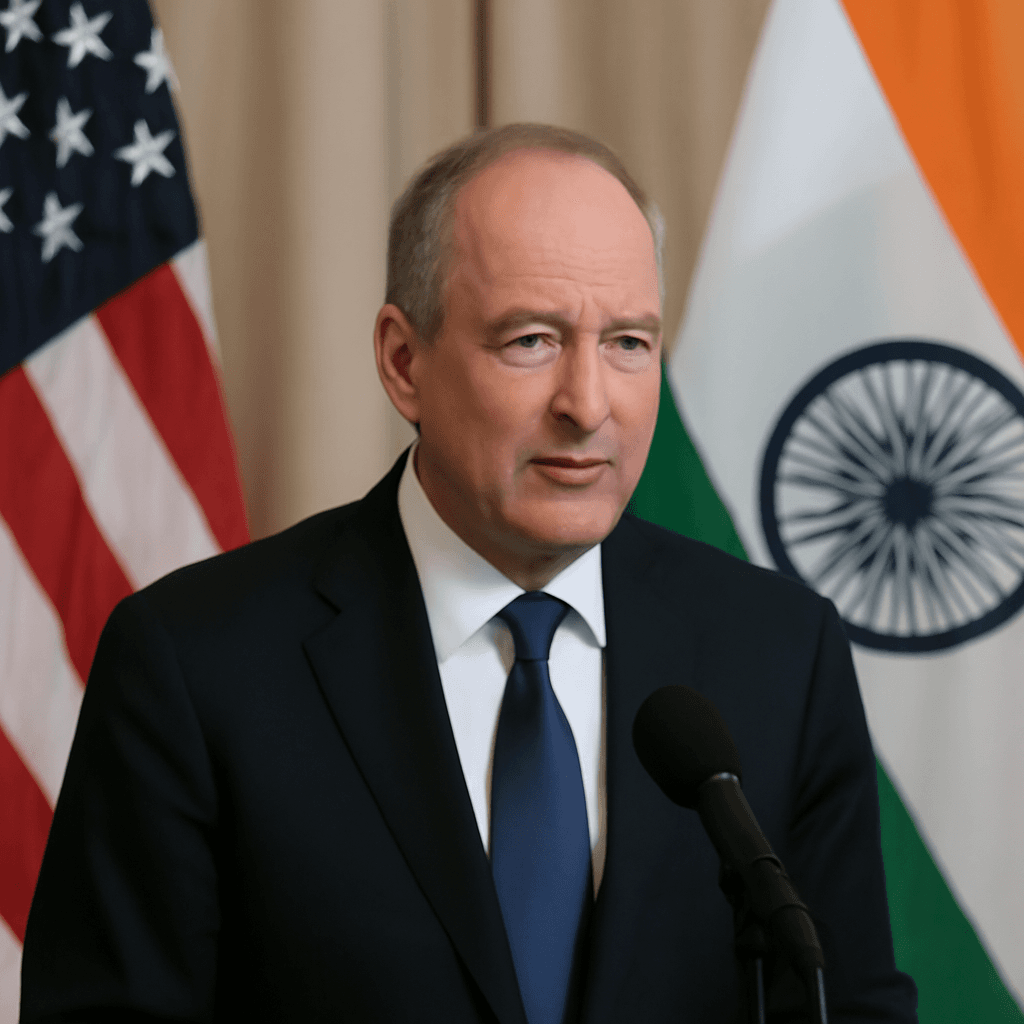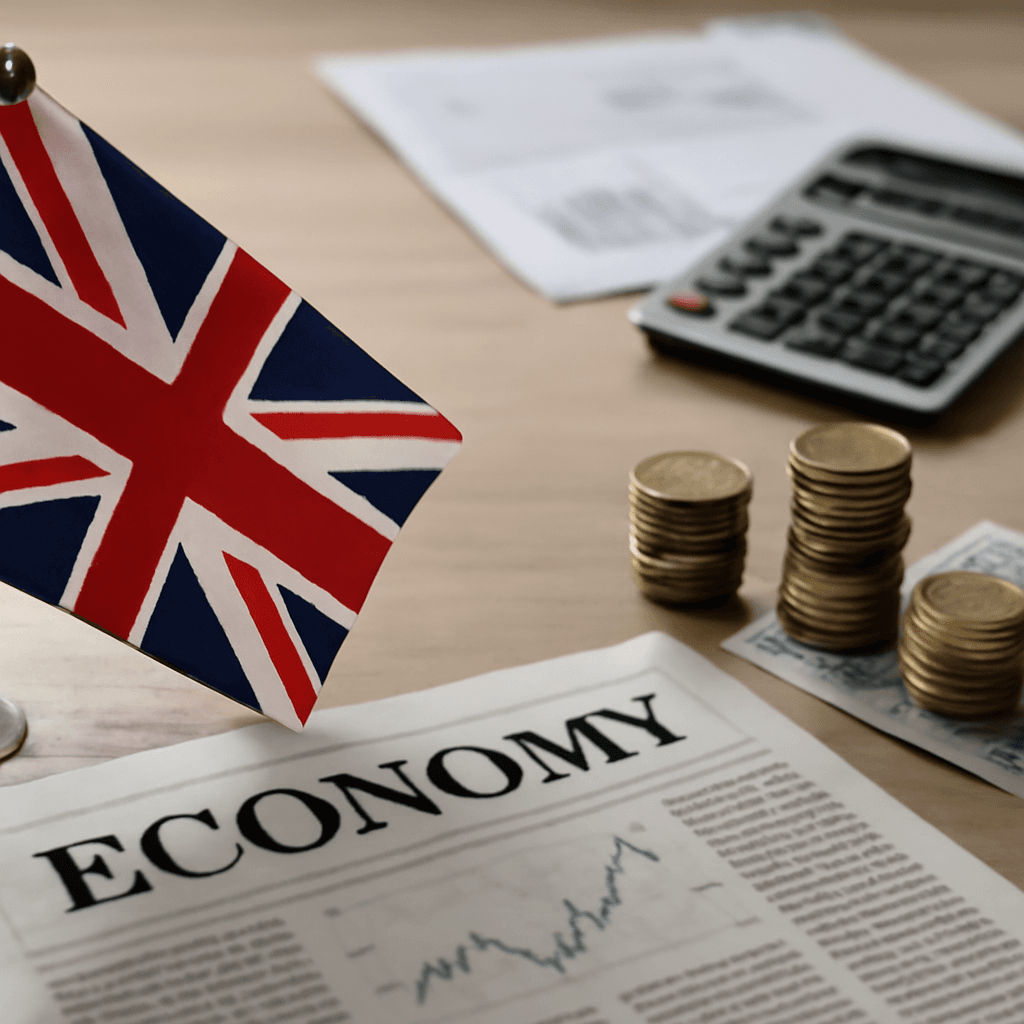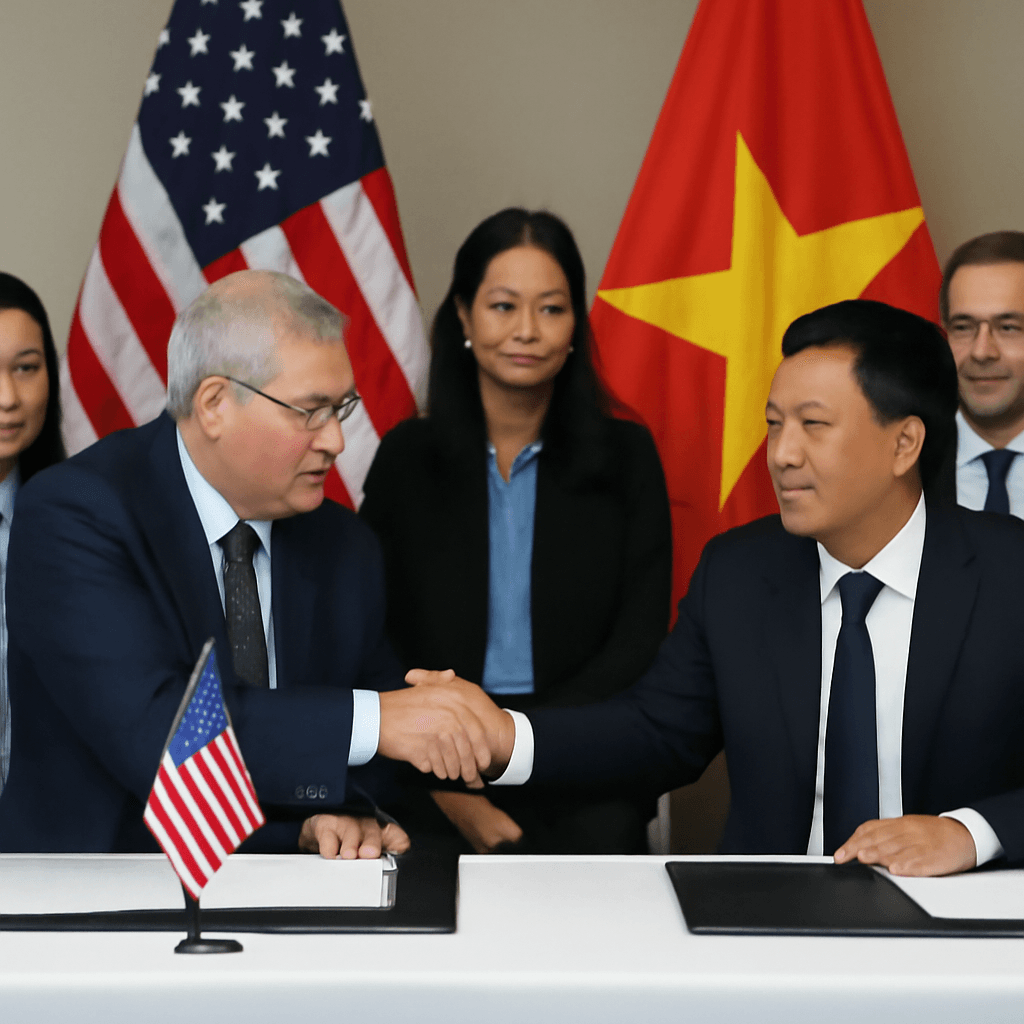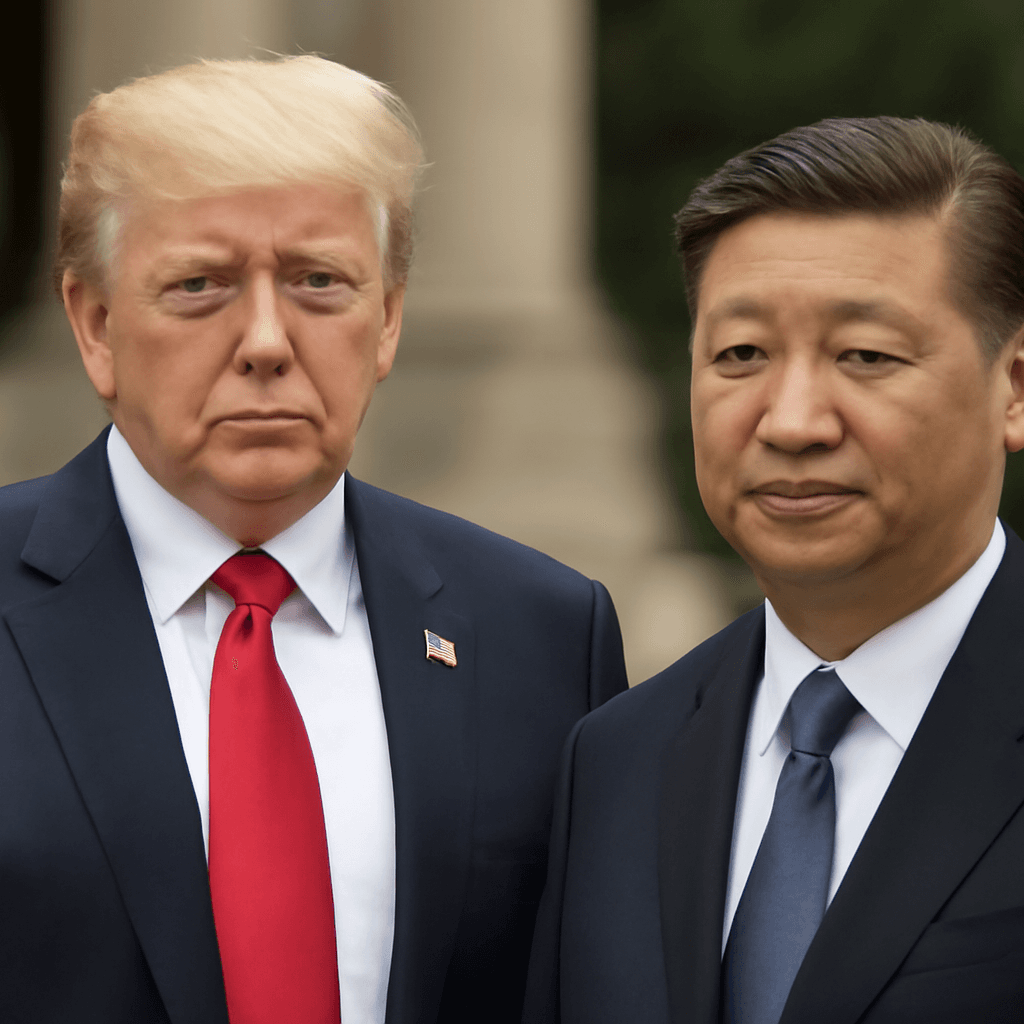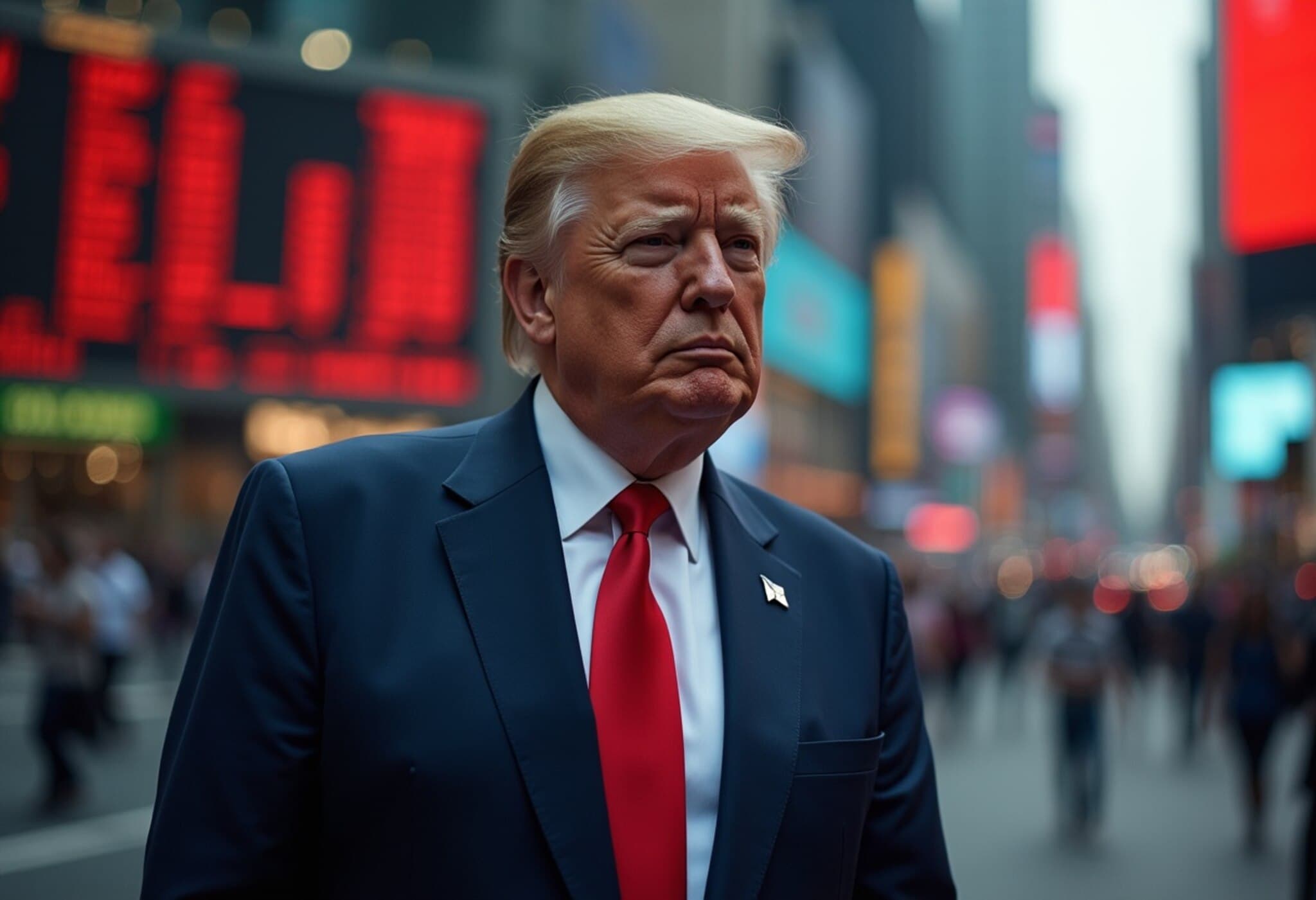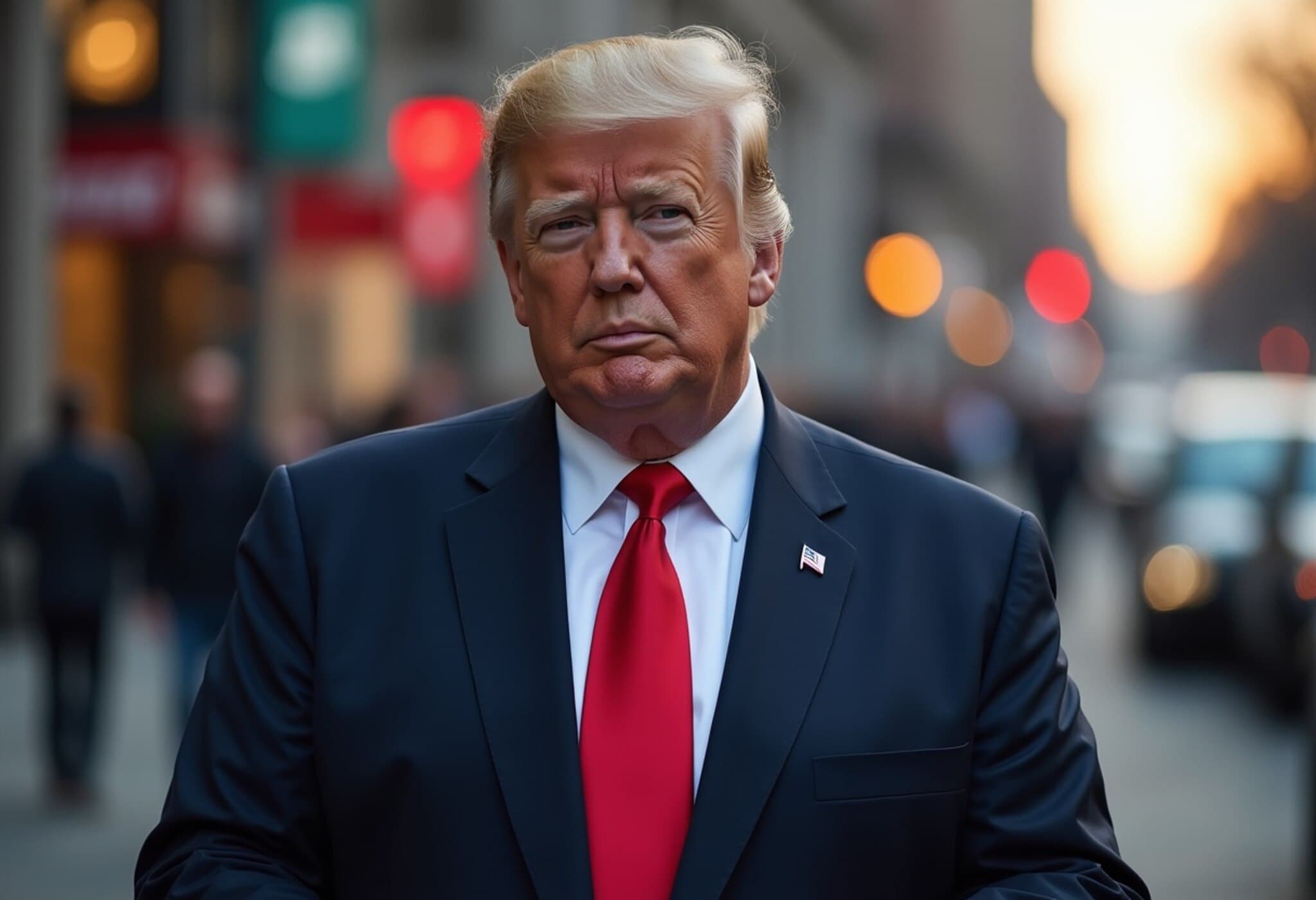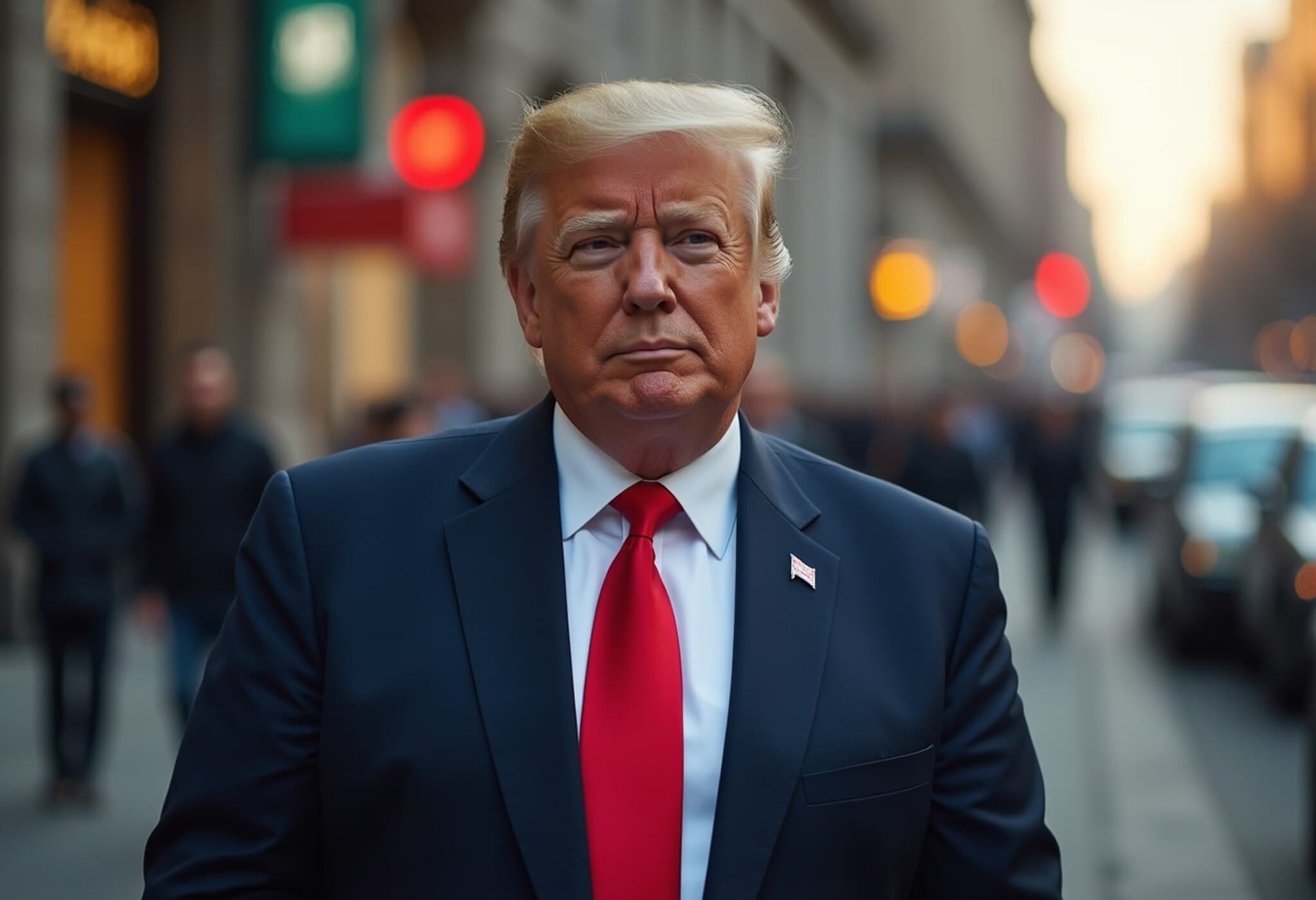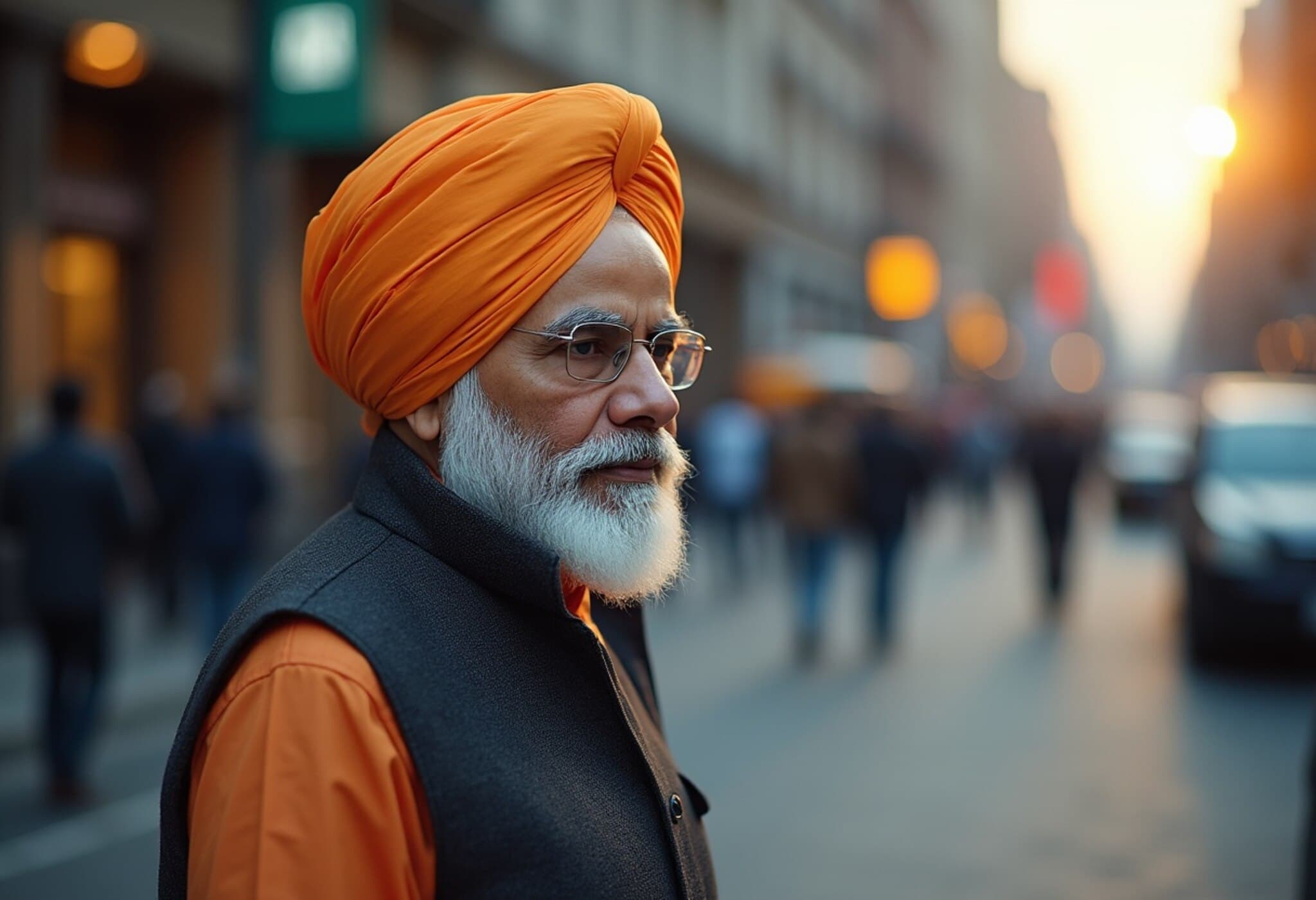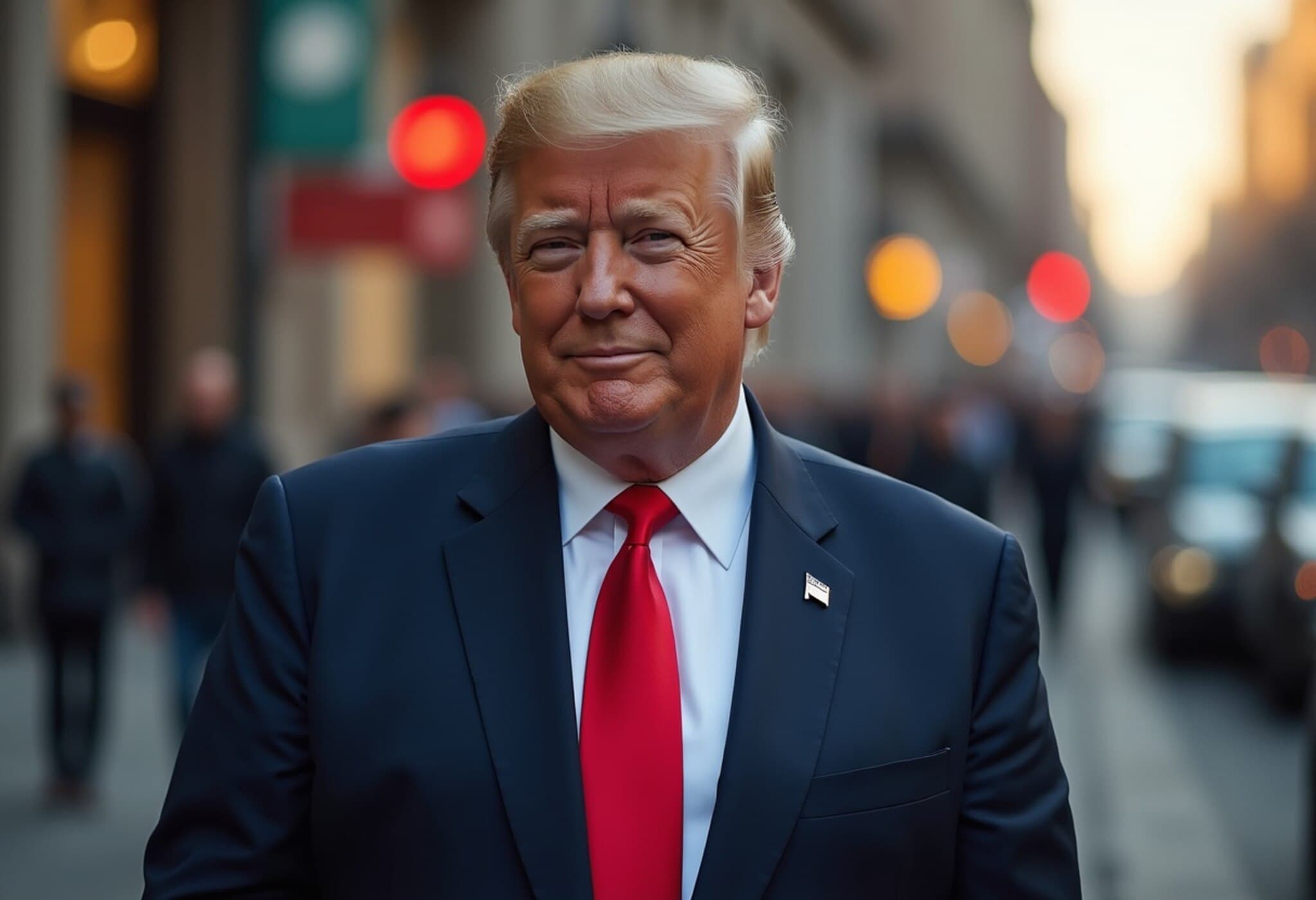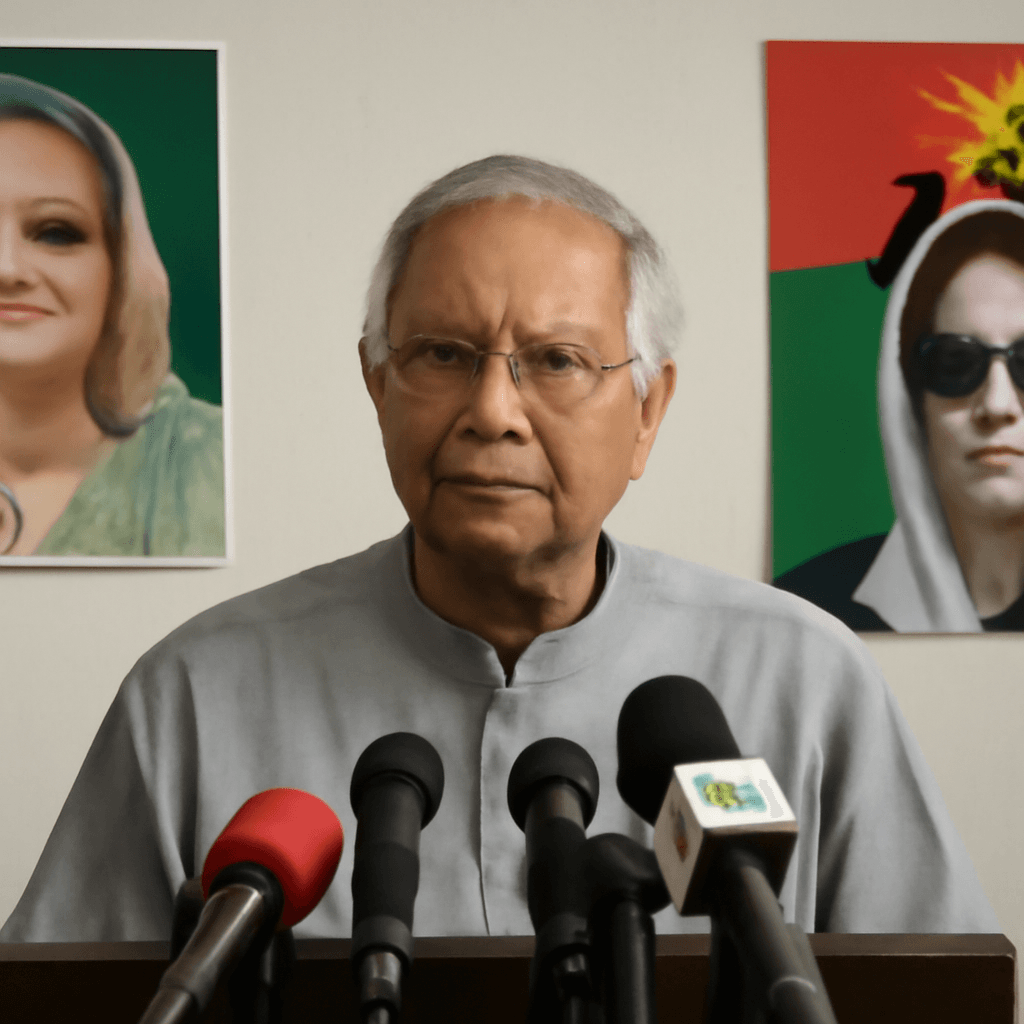Economist Jeffrey Sachs Critiques US Trade Policies and Warns India
Renowned economist Jeffrey Sachs has sharply criticized the United States' tariff-driven trade policies under former President Donald Trump, characterizing the country’s approach as misguided and detrimental. Speaking in a detailed interview, Sachs highlighted fundamental misconceptions about trade deficits and cautioned India against making excessive concessions in ongoing trade negotiations with the US.
Trade Deficits and Fiscal Imbalances
Sachs explained that trade deficits occur when a nation's total spending exceeds its production capabilities, emphasizing that this issue is rooted primarily in fiscal mismanagement rather than unfair trade practices. He stated, "It is dramatically wrong and oversimplified to the point of being ridiculous" to attribute trade deficits solely to other countries taking advantage of the US.
The economist accused the US government of operating with a persistent and large budget deficit, which exacerbates trade imbalances. He stressed that any effective reduction in trade deficits must come from addressing this fiscal imbalance, remarking, "If the US wants to lower its trade deficits, it must first reduce its budget deficit."
Concerns Over US Fiscal Policy
Sachs criticized recent US legislative measures, referring to the so-called "Big Beautiful Bill" which includes further tax cuts for select groups, increased military expenditure, and expanded budget deficits. He warned that such policies could deepen trade and fiscal deficits, undermining economic stability.
Implications for India Amid Trade Negotiations
India currently seeks a bilateral trade agreement with the US, but Sachs urged caution. He advised India not to make disproportionate trade concessions that could compromise broader principles of international trade. He emphasized:
- Maintain equal trade treatment for all partners without discriminating against others to favor the US.
- Avoid compromising the most favored nation principle by yielding too much in negotiations.
- Resist pressure to "do somersaults" just to appease US demands.
Sachs warned that India should be vigilant against getting drawn into unilateral trade dynamics dictated by the US.
Broader Economic Concerns
The economist also addressed recent signals from the US Federal Reserve revealing fears about a potential recession. Sachs described the situation as a "self-inflicted recession or economic crisis" caused by inconsistent fiscal and trade policies, increasing uncertainty in the global economy.
He further noted tensions within the US economy, including pushback from prominent figures such as entrepreneur Elon Musk who condemned the "Big Beautiful Bill" as economically harmful.
Conclusion: Navigating Complex Trade Dynamics
In summary, Jeffrey Sachs cautioned that the US’s tariff and fiscal policies are flawed and viewed them as a risk to both domestic and international economic stability. He strongly advised India to carefully navigate its trade relations, protecting its interests and upholding global trade norms rather than acquiescing to unilateral demands.

